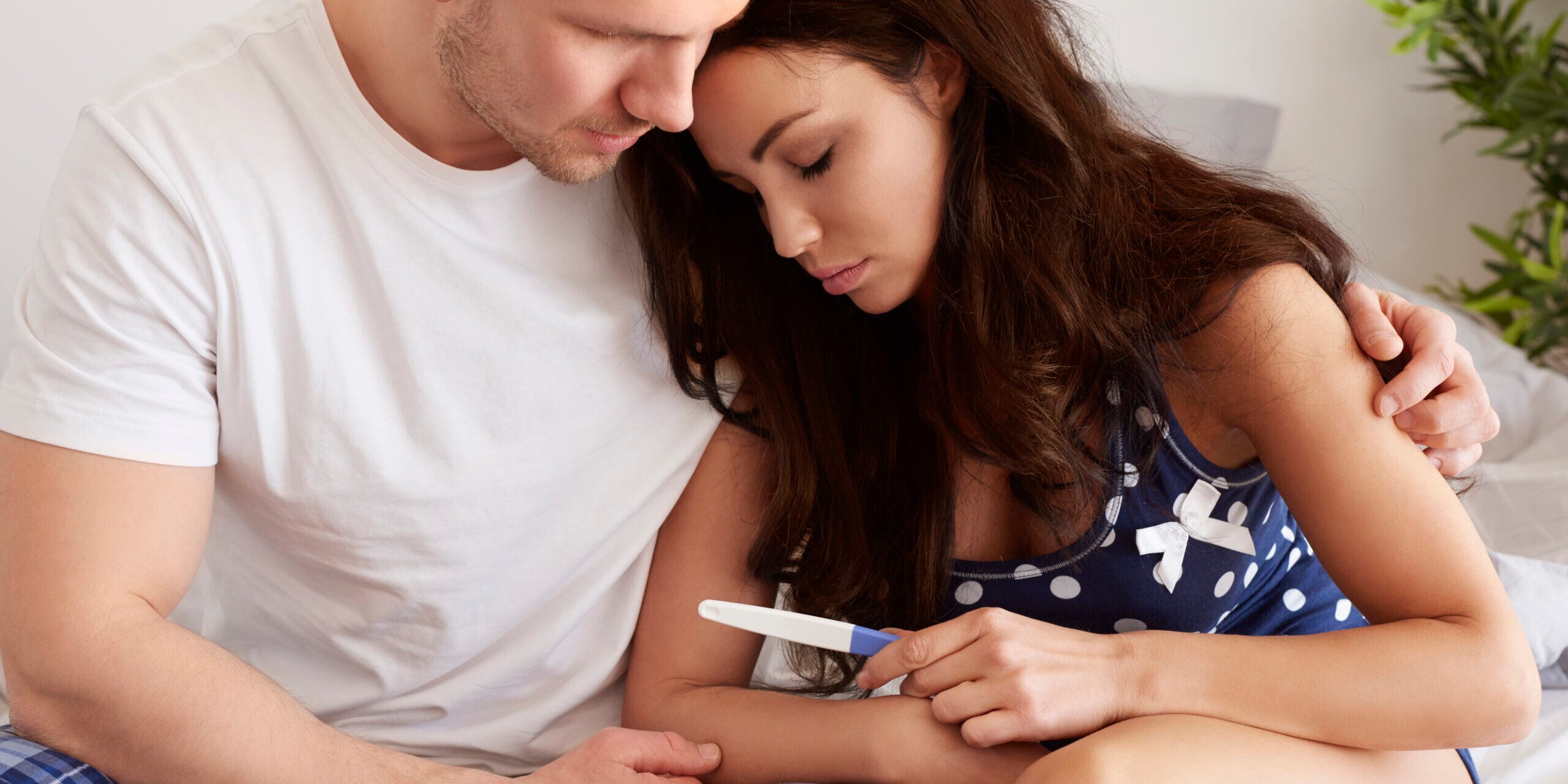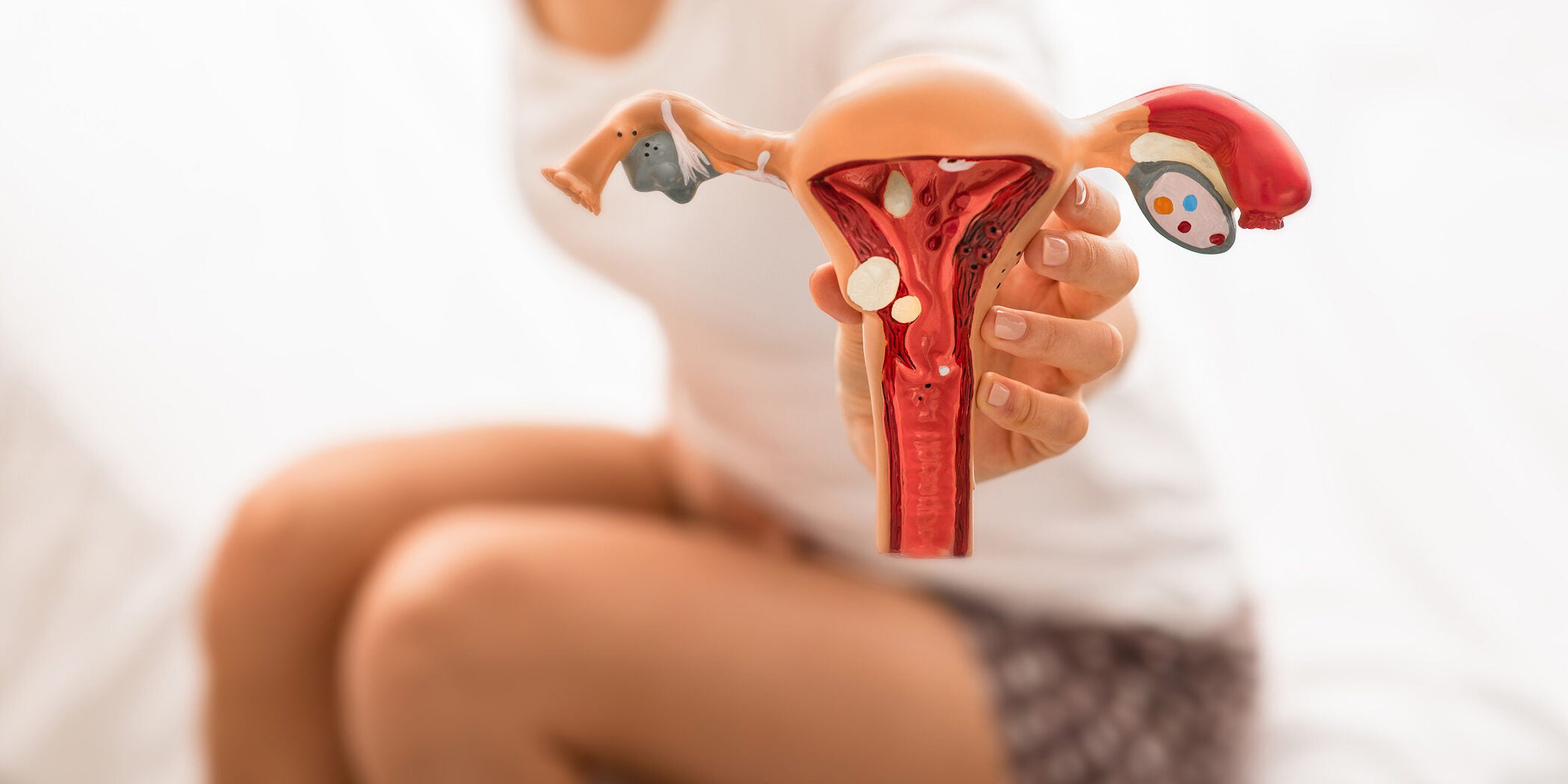Tips to Improve Fertility in Women

Recommendations from our experts to achieve a pregnancy more easily
Finding the perfect time to seek a pregnancy can be a very difficult task. Plus, it's exhausting to think about all the changes you'll have to make to get it easier. That is why we want to offer you tips and recommendations for improve your fertility.

Know your body and your menstrual cycle
Our experts recommend that you keep track of your menstrual cycle, you can use a diary or one of the applications on the market; this way you can control if your periods are regular and know when you are ovulating. According to an investigation published in the New England Journal of Medicine where they studied 221 women who wanted to get pregnant, most of them achieved it when sexual intercourse took place in a period of six days that ended on the day of ovulation. of the woman.
It is important to note that a woman's egg is fertile for only 12 to 24 hours after it is released, while a man's sperm can survive in a woman's body for up to five days.

Know your fertile days
Monitor your ovulation :
Women with regular cycles usually ovulate two weeks before the arrival of their period. It is more difficult to predict ovulation in women with irregular cycles, however it can occur 12-16 days before the start of your next period.
However, if you are looking to get pregnant, it is very important that you track your fertile days by understanding the characteristics of your own cycle, rather than relying on generalized markers. There are several methods that can help you identify your most fertile days each month:
Ovulation test :
You can find them in pharmacies or buy them online. They work by detecting the levels of luteinizing hormone in the urine; this hormone increases its levels during ovulation and before the egg is released. According to the American Pregnancy Association, when performed correctly, these tests are 99% reliable in detecting this LH (luteinizing hormone) surge; however, they cannot confirm if ovulation will occur a day or two later. Also, some women, such as those with polycystic ovaries, may have several surges in this hormone before ovulation occurs.
To maximize your chances of Get pregnant, the American Pregnancy Association recommends having intercourse within three days after a positive ovulation test result.
Cervical Fluid or Mucus Tracking:
Another method to predict ovulation is to do a tracking your cervical fluid or mucus : the vaginal discharge produced by the cervix. This flow is naturally produced by your body and changes throughout the different phases of your menstrual cycle. Cervical fluid tends to be drier during and just after menstruation. Then, as you progress through your cycle towards ovulation, it tends to get thick. Your period of greatest fertility is when cervical secretions are abundant, transparent, rubbery, wet and slippery; very similar to raw egg white. A study published in 2013 conducted at the University of North Carolina found that women who constantly checked their cervical mucus were 2.3 times more likely to become pregnant faster, over a six-month period.
Maintain a healthy weight
Studies have shown that a woman's weight can affect her chances of conceiving: an overweight woman can take twice as long to get pregnant than a better one with a weight considered normal. Having too much body fat can produce excess estrogen and this can affect ovulation.
A study conducted at the Eunice Kennedy Shriver National Institute of Child Health and Human Development, showed that couples in which both were obese, with a BMI (Body Mass Index) of at least 35, took between 55% and 59 % more to get pregnant.
Also, women who are underweight, with a BMI less than 18, may not have regular periods or may stop ovulating, which also hinders their ability to get pregnant.
Our recommendation: a healthy body weight increases your chances of getting pregnant more easily.

Start taking prenatal vitamins
Our experts recommend that all women who are trying to get pregnant start taking prenatal vitamins . Not only to prevent neural tube defects in the baby, but also because they have some of the necessary ingredients to improve the quality of the eggs, increasing the chances of conceiving.
It is important to remember that Not all vitamins are the same , so it is important that you investigate the quality of its ingredients and if the vitamins meet the nutritional recommendations for pregnancy.

Maintain a healthy diet
It is a good time to adopt healthy habits and although there is no specific diet to get pregnant , yes there are food groups that can Help improve your fertility .
Avoid refined flours, sugars and saturated fats and increase the intake of good fats (avocado, nuts, olive oil), vegetables and fruits. This is not only beneficial for your health, but also It can boost your fertility.
Try to eat more small fish with less mercury and more organic eggs and meat from animals raised in the wild.

Reduce exhaustive workouts
Being active and maintaining a healthy weight can help improve your fertility, but frequent strenuous exercise could interfere with ovulation. There is an increased risk of anovulation among women who engage in strenuous exercise (more than 60 minutes a day) and this can trigger hormonal disorders and dysfunction.
Our recommendation: if you are an active person, keep your activity and exercise levels moderate and if not, start with activities that you enjoy without overdoing it.
Avoid smoking and be careful with alcohol
Smoking can cause fertility problems in both women and men. Chemicals found in cigarette smoke, such as nicotine and carbon monoxide, speed up a woman's rate of egg loss, according to the American Society for Reproductive Medicine.
Smoking ages the ovaries and prematurely depletes the supply of eggs, according to the Mayo Clinic. In addition, it is convenient that you stay away from secondhand smoke, which also affects your fertility.
Excessive alcohol consumption can decrease ovarian reserve and fertility in women. High alcohol consumption has been associated with increased risk of infertility in women , low levels of anti-mullerian hormone and risk of abortions.
Our recommendation: If you can quit smoking, do it. You give a gift to your health and your fertility. With alcohol, moderation. An alcoholic drink now and then can help your mood, but don't overdo it.
Visit your gynecologist
Last but not least, from the moment you consider getting pregnant, you should visit your doctor to find out the status of your fertility, perform tests and learn about your options.
- Tags: Fertilidad
0 comments



